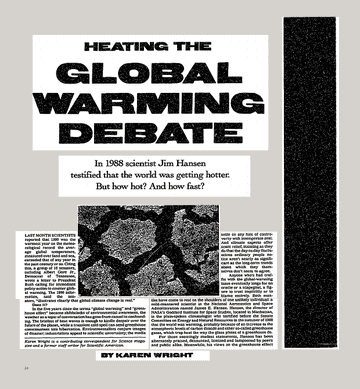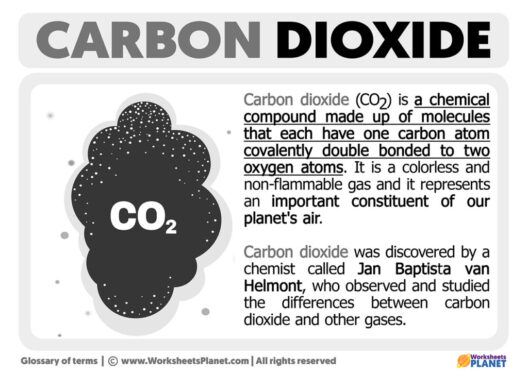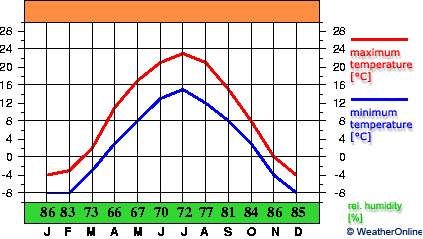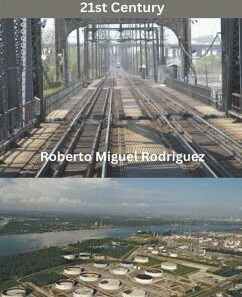When we hear about global warming, an intriguing question arises: do all scientists really agree on this pressing issue? As with any multifaceted topic in science, there exists a myriad of perspectives that influence the broader discourse. Understanding the degree of consensus—and dissent—is crucial in navigating the complexities surrounding climate change.
To embark on this inquiry, it is pivotal to first clarify the prevailing scientific consensus. An overwhelming majority of climate scientists endorse the assessment that the Earth’s climate is changing and that human activities, particularly the burning of fossil fuels, are primary contributors to this phenomenon. Organizations such as the Intergovernmental Panel on Climate Change (IPCC) have consistently reaffirmed this view through comprehensive assessments of the scientific literature.
However, the notion of unity among scientists often overlooks the nuances of scientific investigation. The phrase “scientific consensus” can sometimes invoke skepticism, leading to disproportionate media representations that imply a monolithic scientific voice. In reality, the scientific community is replete with diversity—diverse methodologies, different research focuses, and varying interpretations of data all contribute to a dynamic discourse. This brings us to a playful question: if 97% of scientists agree on climate change, what do the other 3% believe? Do they possess insights that could radically alter our understanding, or are they simply anomalies in a vast ocean of agreement?
The dissenting voices can occasionally provide valuable critiques, highlighting areas where more research is warranted. A small faction of scientists, often referred to as climate skeptics, argue that climate models may not fully capture the complexities of climate systems, leading to exaggerated predictions. Some question the reliability of climate data, attributing alterations to natural variability rather than anthropogenic influences. While their assertions are debated rigorously, the scientific method thrives on skepticism, which promotes the rigorous testing and validation of theories.
Moreover, it’s essential to distinguish between healthy scientific skepticism and misinformation. The latter often co-opts scientific discourse to serve political or economic interests rather than following the evidence. Pseudoscientific claims can create confusion and undermine public understanding, posing a significant challenge for educators and communicators in this field.
Despite the loud voices of a minority, multiple scholarly studies reflect consensus across a vast spectrum of research. Reports indicate that around 97% of climate scientists actively publishing within the field affirm that human-induced climate change is occurring. This number comes from an analysis of peer-reviewed literature, demonstrating that the majority of engaged scientists align with the notion that action is needed to mitigate the adverse effects of climate change.
Meanwhile, public perception often lags behind scientific findings. This is exacerbated by psychological phenomena such as confirmation bias—where individuals prefer information that reinforces their existing beliefs—and the influence of social networks that spread misinformation more effectively than factual accounts. The divide in public opinion can overshadow the substantial agreement among scientists, creating a misleading narrative that suggests an equally divided scientific community.
As the conversation evolves, researchers from various disciplines continue to contribute to our understanding of climate change. Physicists, biologists, geologists, and social scientists collaborate to develop holistic approaches to climate dynamics. This interdisciplinary cooperation enriches the data, revealing critical links between climate change and biodiversity loss, ocean acidification, and socio-economic disparities.
Another facet of the debate is the impact of lobbying and political influences on the dissemination of scientific knowledge. Funding sources and political affiliations can bias research outcomes or suppress findings contrary to certain interests. This phenomenon raises ethical questions about the integrity of scientific research and its accessibility to the public. Transparency in funding and the motivations behind research can help illuminate these influences and reinforce the credibility of scientific information.
Moreover, the potential role of technological advancements cannot be overlooked. Innovations in climate science, such as improved satellite monitoring and climate modeling, have bolstered the accuracy of predictions and projections. The scientific community constantly refines its techniques and tools to better understand climate systems, which further corroborates the foundation of climate change theory.
Additionally, scientists often emphasize the importance of effective communication. The challenge lies not only in conveying scientific findings but also in engaging with varied audiences. Outreach efforts that bridge the gap between scientific knowledge and public understanding are paramount to foster informed discourse. Utilizing various platforms, including social media, educational initiatives, and public talks, scientists strive to disseminate their findings compellingly.
In conclusion, while a vast majority of climate scientists unequivocally agree on the reality of human-induced climate change, the discourse is far from a simple dichotomy. Dissenting views may serve pivotal roles in the scientific process, but they must be critically examined within the context of existing consensus. Ultimately, fostering a well-informed public equipped with an understanding of both the science and the nuances of the debate is essential in overcoming the challenges posed by climate change.
Thus, as society grapples with this intricate issue, promoting dialogue and critical thinking is vital. Do all scientists agree on global warming? The answer is complex, reflecting a landscape of both consensus and contention that continues to evolve as we strive for a sustainable future.








